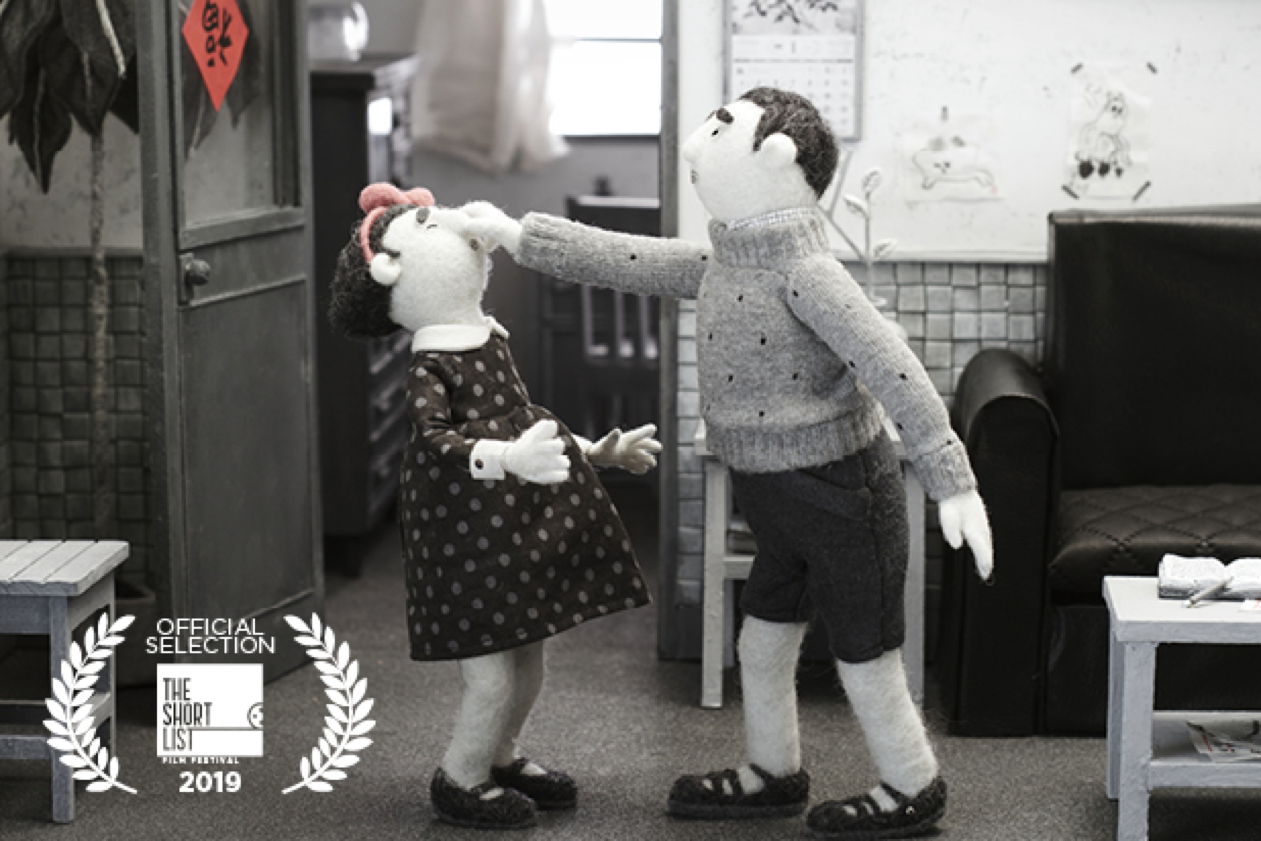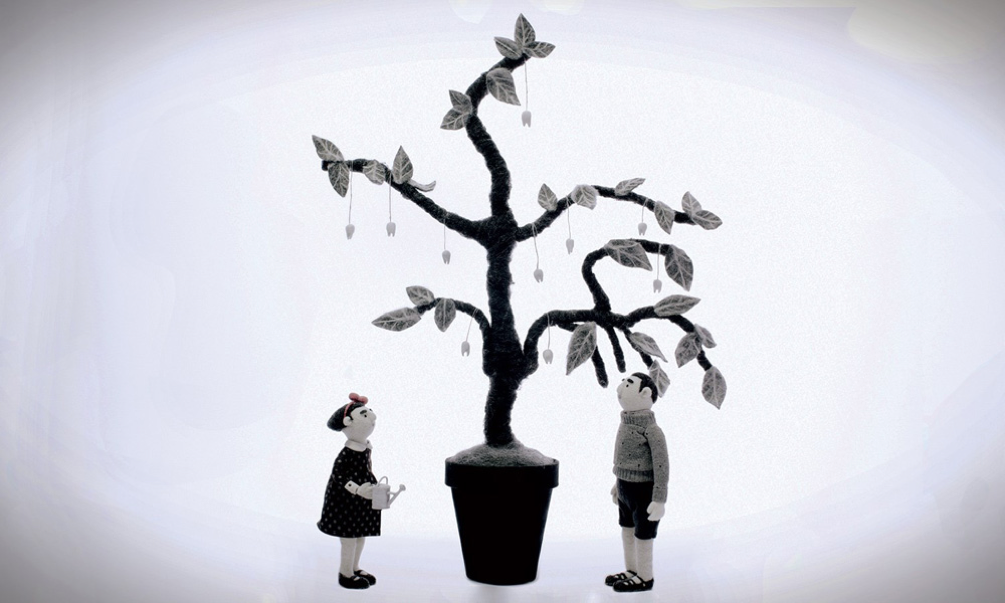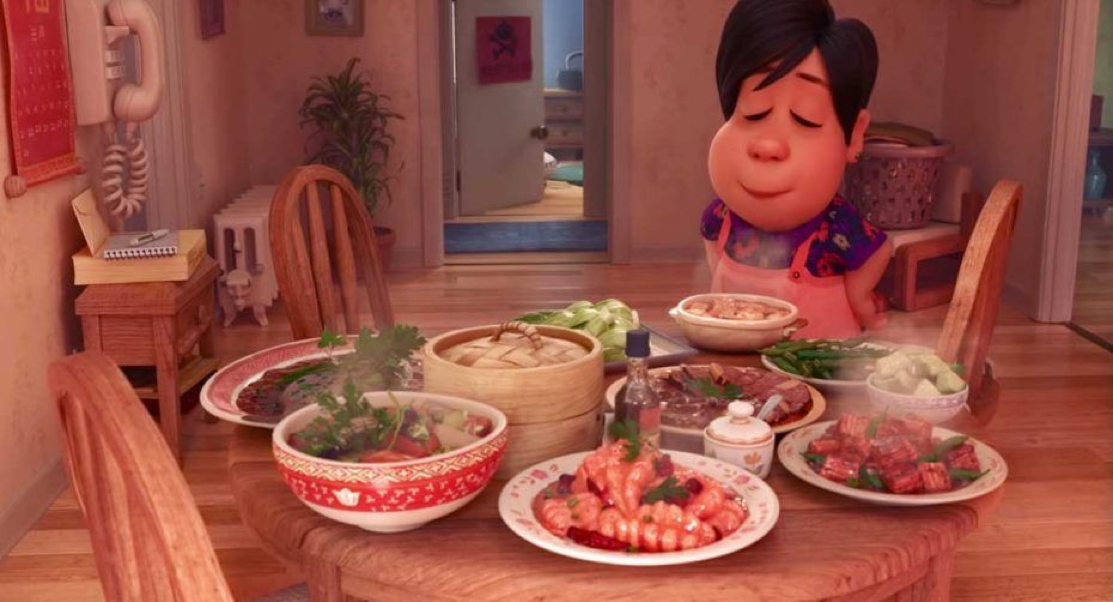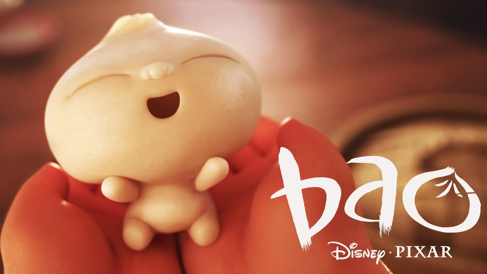This year, Siqi Song was nominated for an Academy Award for Best Short Film (Animated) for her film “Sister.” Last year, Domee Shi won the same award for her animated short “Bao.” These Chinese female directors give a glimpse of what it is like to grow up Chinese through visual storytelling.

In Siqi Song’s eight-minute short, she tries to answer the question that bombarded her throughout her childhood: What was it like to grow up with a sibling during China’s one-child policy? Through stop-motion puppets, Song demonstrates common annoyances between siblings. The puppets fight over the remote, steal toys from each other, and plant teeth in the hope of growing new ones. With flashing imagery of an imagined sister in the womb, the film demonstrates the bored life of a brother without the presence of his colorful sister.

In Domee Shi’s eight-minute animated short “Bao,” she encompasses the protective nature of many Chinese mothers. Shi crafts specific Chinese dishes that are at the center of a loving Chinese family, including a living baby dumpling. With a soundtrack that could bring the Grinch to tears, Shi takes the audience through a journey of surrendering control to returning home in time for dinner.

The animation styles of each film advances the visual storytelling. Song made her characters out of crafting wool that is popular in China. Shi’s story comes to life through Pixar animation. Shi and her team focused on universal themes in “Bao” such as family, food, and letting go. Pixar’s graphics bring the Chinese food to life with mouth-watering scenes of traditional Chinese dishes. Song highlighted the unique experience of growing up in the East- highlighting national and cultural restrictions. The traditional Chinese wool felt gave a soft feel to the stop-motion animation; it welcomes viewers into the home and makes the absence of the sister ever-present. Shi tells a Chinese story from growing up in China, while Song tells a universal story with a Chinese origin.

During Women’s History Month, the ideas of these Chinese female directors should be uplifted. Both rooted their stories in their personal lives. Shi grounded her short in her hometown of Toronto, Canada, basing every detail from her childhood home to the public transit to Toronto Chinatown. Song constantly questioned how her brother’s life would have changed if she hadn’t been the second child in the family. Channeling their authentic Chinese experience, both directors work with dualism. Shi titles her piece “Bao” which can mean a small dumpling or something small and precious, depending on how it is pronounced. Song plays with the idea of growing, from the silly childlike misunderstanding of trying to grow an impossible tooth tree to growing an impossible second child inside the confines of China in the 90s. Both want to address an issue within their life as a Chinese child. Both take action to ensure Chinese stories are commonplace. Domee Shi broke the limits for Chinese female directors by being the first to direct an Oscar-winning Pixar short. Siqi Song followed suit by continuing the recognition of Chinese female directors. By making their voices heard, they have opened up the door for the onslaught of Chinese inspired, originated, and carefully crafted stories to continue to be told.
[zombify_post]


0 Comments